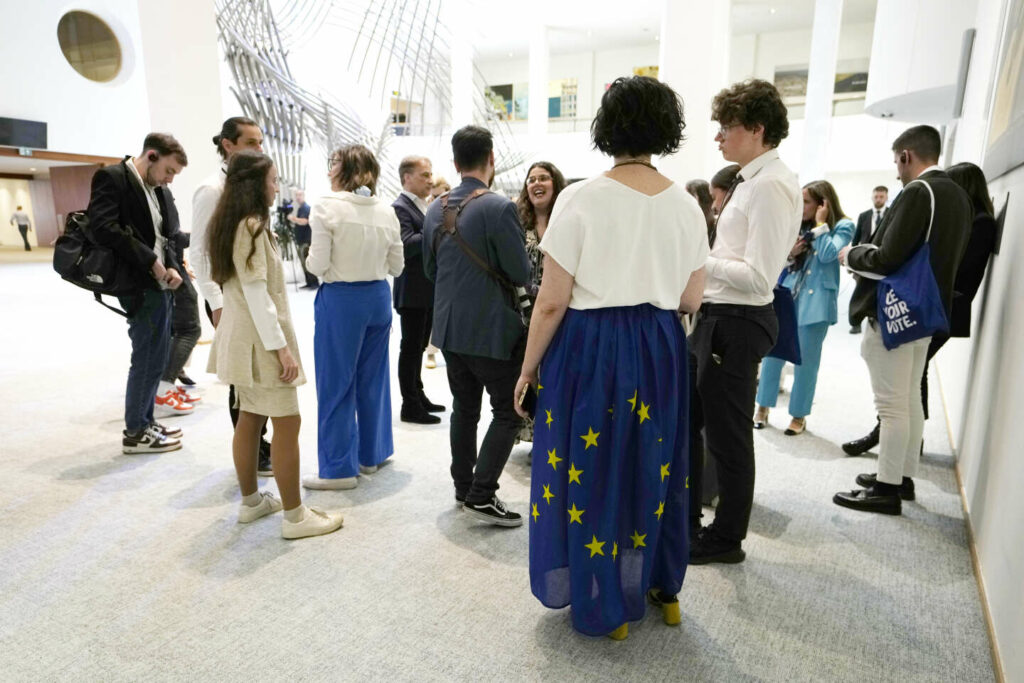In political science, it is common to distinguish between process legitimacy and output legitimacy. The former is essential for democracies, the latter, for example, for international organizations. In a democracy, any decision is ultimately legitimate if it results from an enlightened process of deliberation. In the technocratic field, processes also count, but less so than the results obtained.
More than the processes that underpinned its decisions, the European Union (EU) has long drawn its legitimacy from the objectives it set and the results it achieved. This is why it has been criticized for being indifferent to the will of peoples. It was only gradually that the European Parliament came to be seen as a co-legislator in most areas, on a par with the Council (of ministers from the member states). The EU has thus changed, even if citizens still struggle to see it as a political entity in its own right.
Five years ago, needs and popular aspirations largely coincided. The youth vote boosted turnout and led to prioritizing climate action. From this concordance was born the “Green Deal,” the main programmatic legacy of the last term – nobody could have foreseen Covid-19 or Russia’s aggression against Ukraine. However, the tension between these two sources of legitimacy is now acute, as the priority tasks awaiting the EU do not align with the expectations of citizens who are unsettled and disoriented.
Read more Subscribers only ECB considers austerity measures necessary to meet EU budget targets
For Europe, three themes will require strong decisions over the next term: the economy, as it is imperative to halt Europe’s decline in relation to the United States; defense, to deal with Russian threats and the prospect of Washington refocusing on security in Asia; and the forthcoming enlargement to include Ukraine, Moldova and the Balkans, which will require significant reforms.
Restoring household budgets
Mario Draghi will soon be presenting a report to the European Commission, the key points of which he has already outlined. He strongly emphasizes the need for a radical change in the pace, priorities and governance of European integration. And he’s not wrong. Weak – or even declining – household budgets are primarily the result of stagnant productivity. To create the conditions for their recovery, we need to stimulate productivity, without which there can be no lasting improvement in living standards. To achieve this, Europe must rely on its main asset: the size of its market. This requires the successful integration of services and capital markets, which will enable innovative companies to develop and obtain funding on a larger scale.
You have 49.79% of this article left to read. The rest is for subscribers only.
Source link : https://www.lemonde.fr/en/opinion/article/2024/06/23/jean-pisani-ferry-the-priority-tasks-awaiting-europe-no-longer-align-with-its-citizens-expectations_6675511_23.html
Author :
Publish date : 2024-06-23 00:04:26
Copyright for syndicated content belongs to the linked Source.
